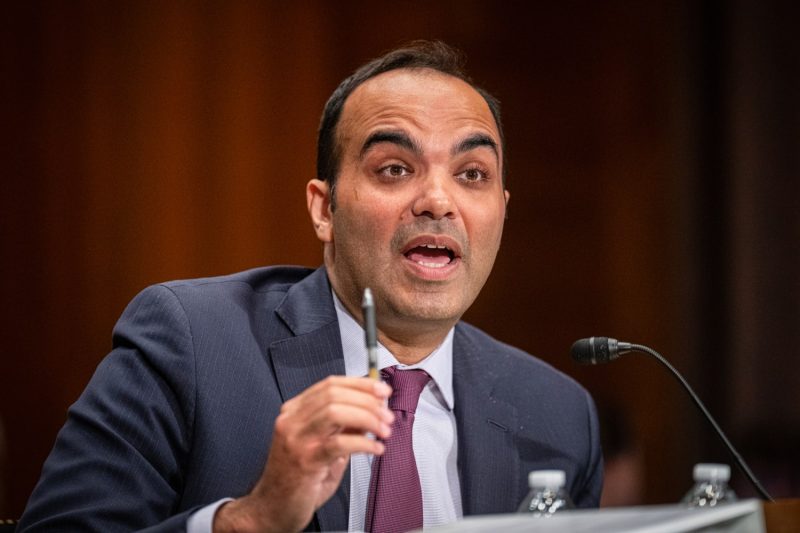In a recent move to bolster consumer protection measures within the digital payments landscape, the Consumer Financial Protection Bureau (CFPB) has expanded its oversight to include popular services like Apple Pay and Cash App. This development marks a significant step towards ensuring that users of such platforms are safeguarded from potential risks and fraudulent activities.
One of the key driving factors behind the CFPB’s decision to broaden its oversight is the rapid growth and increasing prevalence of digital payment services in today’s society. With more and more consumers opting for the convenience and efficiency offered by platforms like Apple Pay and Cash App, it has become imperative for regulatory bodies to adapt and enhance their supervision mechanisms accordingly.
By including these digital payment services under its purview, the CFPB aims to address a range of concerns related to consumer protection, data security, and fair treatment of users. Given the sensitive nature of financial transactions and personal information involved in digital payments, the need for robust oversight becomes paramount to prevent potential misuse or exploitation.
Moreover, the expansion of oversight by the CFPB serves to create a more level playing field within the digital payments industry. By holding all service providers to the same standards of transparency, accountability, and compliance with regulations, consumers can benefit from a safer and more trustworthy environment in which to conduct their financial transactions.
In light of this development, both users and providers of digital payment services are likely to witness a more stringent regulatory framework that prioritizes consumer interests and welfare. Increased scrutiny on issues such as dispute resolution, fraud protection, and data privacy will help instill greater confidence among consumers and foster a healthy ecosystem for digital payments to thrive.
Overall, the CFPB’s decision to expand its oversight to include popular digital payment services represents a proactive approach towards adapting to the evolving landscape of financial transactions. By staying abreast of technological advancements and consumer preferences, regulatory bodies can fulfill their mandate of ensuring a fair, competitive, and secure financial marketplace for all stakeholders involved.

